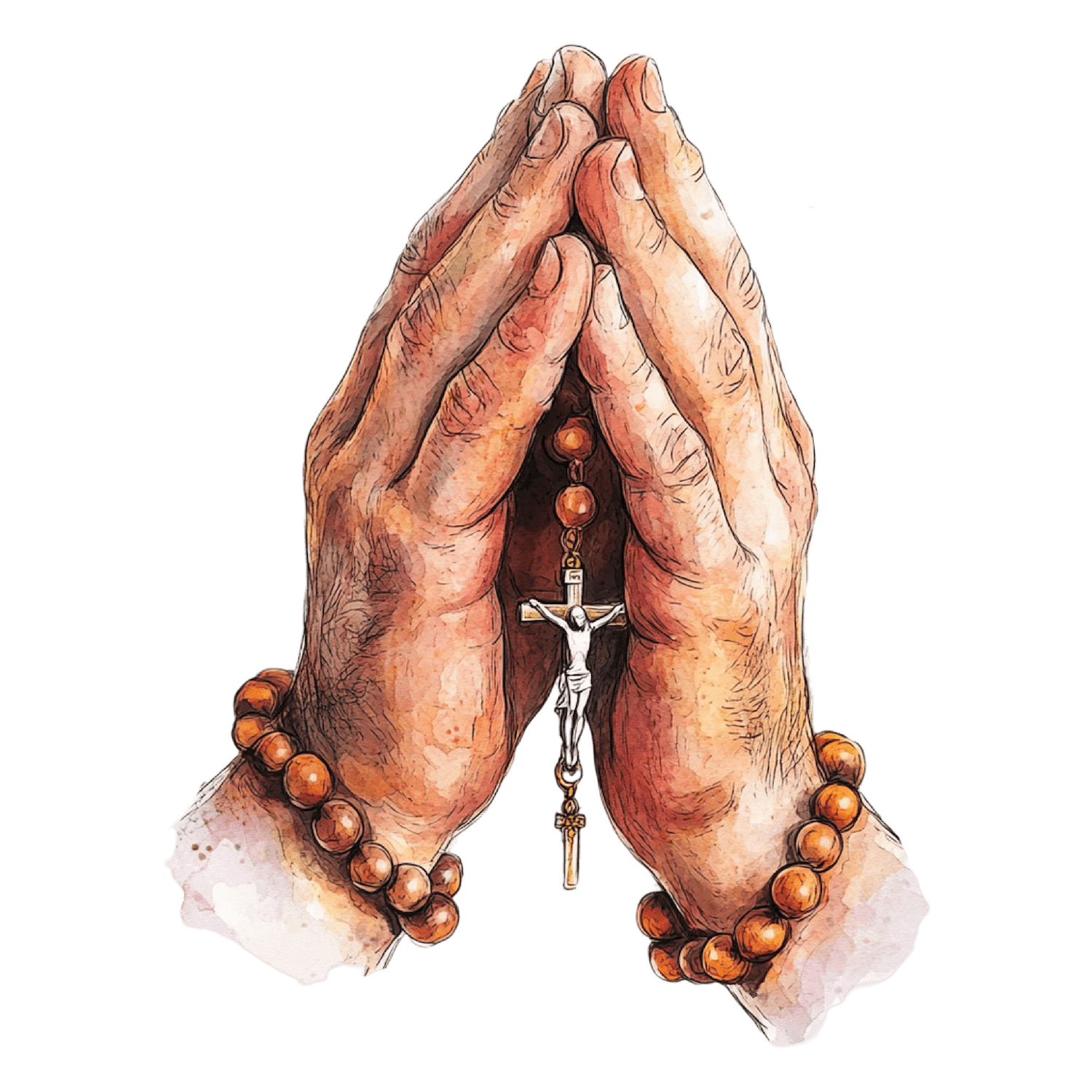Mental health is something many of us struggle with at some point in life—whether it’s anxiety, depression, trauma, burnout, or something else entirely. It can feel like a fog has settled in over your soul, making it hard to pray, hard to feel hope, and sometimes even hard to get out of bed. When your mind feels fragile and your spirit feels weak, where does faith fit in?
This question is deeply personal—and deeply spiritual. It’s okay if the answer doesn’t come easily. Faith during a mental health crisis may not look like bold declarations or daily Bible study. It might look like whispered prayers. Like just getting out of bed. Like holding on to God with trembling hands. And friend, that’s still faith.
Faith Isn’t Always Loud or Strong
There’s this misconception in Christian circles that real faith always looks strong—like praising in the storm, smiling through pain, never questioning God. But Scripture tells a different story. David cried out to God in the Psalms, begging Him not to hide His face. Elijah, after calling down fire from heaven, hid in a cave and asked God to end his life. Even Jesus, in the garden, sweat blood in deep anguish and cried out, “Take this cup from me.”
Faith isn’t the absence of struggle. It’s choosing to stay connected to God in the struggle. If your prayers feel messy, if your questions are raw, if you feel like you’re hanging on by a thread—you’re in good company. That thread is still tethered to something unbreakable.
God Sees the Whole You
Mental health struggles are not a failure of faith. They’re a reality of being human in a broken world. God doesn’t love you less because you’re depressed. He doesn’t step back when your thoughts get dark or anxious. In fact, He draws near.
Psalm 34:18 says, “The Lord is close to the brokenhearted and saves those who are crushed in spirit.” That’s not just poetic language—it’s a promise. He’s with you when the darkness feels suffocating. He’s with you when hope feels out of reach. He’s with you when the people around you don’t understand.
Faith and Therapy Can Coexist
Sometimes what we need most in a crisis isn’t a quick spiritual fix—it’s support, compassion, and professional care. Therapy, medication, rest, and setting boundaries can all be acts of faith, too. They are ways of acknowledging our need and trusting that God can work through practical tools and people.
God is the Healer, yes—but He often heals through counselors, doctors, medication, and community. Seeking help is not a lack of faith. It’s a courageous and faith-filled step toward healing.
Let Others Hold Faith For You
When you’re in crisis, your own faith may feel too small. That’s okay. Let someone else carry the faith for you. Lean on your community. Reach out to a trusted friend or church member. Ask for prayer, even if you can’t pray yourself. You were never meant to carry this alone.
Remember the story in the Gospels where a paralyzed man’s friends lowered him through the roof to get to Jesus? The man couldn’t get to Jesus on his own—but his friends got him there. Sometimes, we need that too. And it’s more than okay.
Faith Grows in the Valley, Too
You may not feel like you’re growing, but faith often deepens most in the valleys. In your questions, in your silence, in your slow healing—God is shaping something sacred. This isn’t wasted. This season, however painful, is seen by Him.
You don’t have to pretend you’re okay. You don’t have to have all the answers. You don’t even have to feel close to God. Just keep showing up, one breath at a time. That’s enough. You’re enough.

